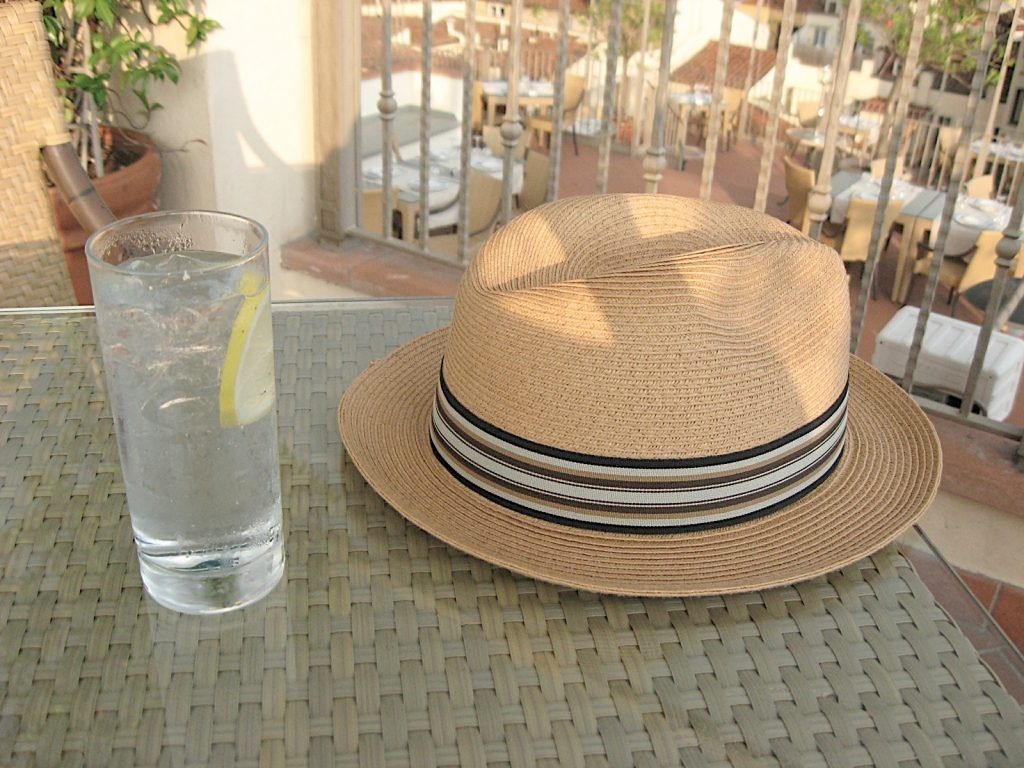Bad Choices
Last Tuesday was ten-year-old Noah’s first lesson of the school year. He is tow-headed and freckled, and a generally happy kid. Tuesday, however, he was despondent. “What’s up?” I asked him. At this question, Noah burst into tears. “I made bad choices,” he told me sobbing.
Clearly, this kid has been raised in a politically correct world defined by choices, good or bad. While I was sorry the poor kid was crying, it was hard not to smile over what was so obviously a direct imitation of adult language with regards to behavior modification. “OK,” I said, “what were the bad choices?”
Quickly it became clear that over the recent break between summer lessons and the fall semester he didn’t complete all his assigned practice days, “choosing” to play outside some days rather than practice. When we examined his practice chart together, he only had eight out of ten required practices completed. I immediately thought, “Hey! I can live with this,” but of course I didn’t want Noah to think I don’t take my own assignments seriously. “So, how can we make better choices in the future?” I asked him, mimicking his choice of vocabulary.
He thought, and I agreed, that it would now be easier because school had started and we would be back to regular weekly lessons with the expected five practice days in between. “I get confused when it is too long between lessons,” he wailed at me. “I want to come to piano every week.”
I want to come to piano every week. This statement was music to my sometimes jaded ears. Not only because it demonstrated Noah’s commitment to piano and our relationship and practice routine, but more than that because it reminded me how much the rituals of our lives bring us comfort and assurance. Watching kids come through my door these last few weeks, excited about new teachers and new schools, new backpacks and new tennis shoes, I can almost hear their sigh of relief: Oh yeah, but everything at Miss Amy’s house is the same. I know what to do here.
I echo their relief. I am equally anxious about new schedules and routines every semester, and breathe easier in the places in my life where I can keep on keeping on. Trust me, there is enough challenge managing even the familiar most days. Recently, I had an essay about practicing (“Purple Days”) published in Clavier Companion magazine. My conclusion: Teaching the piano is easy. Teaching the practice is tough. The truth is every single one of us falls on and off the wagon of good intentions over and over again. Sometimes we make good choices. Sometimes we don’t.
As I take up the rituals of fall—the practice of planting pansies and collecting pumpkins by the front door, the cooler nights and shorter days requiring me to water after dark every evening, the upcoming performance classes and recitals to organize and plan, the annual October get-away to Taos to anticipate, the books and music needing to be bought—I am thankful for the familiar: The friendly faces in my yoga class and at the pool, the predictable habits and patterns of the ensembles I play with regularly, the pile of music on the back of my piano waiting to be learned. And most of all, the Noahs of my world that I already understand and love, breakdowns and bad choices and all.
